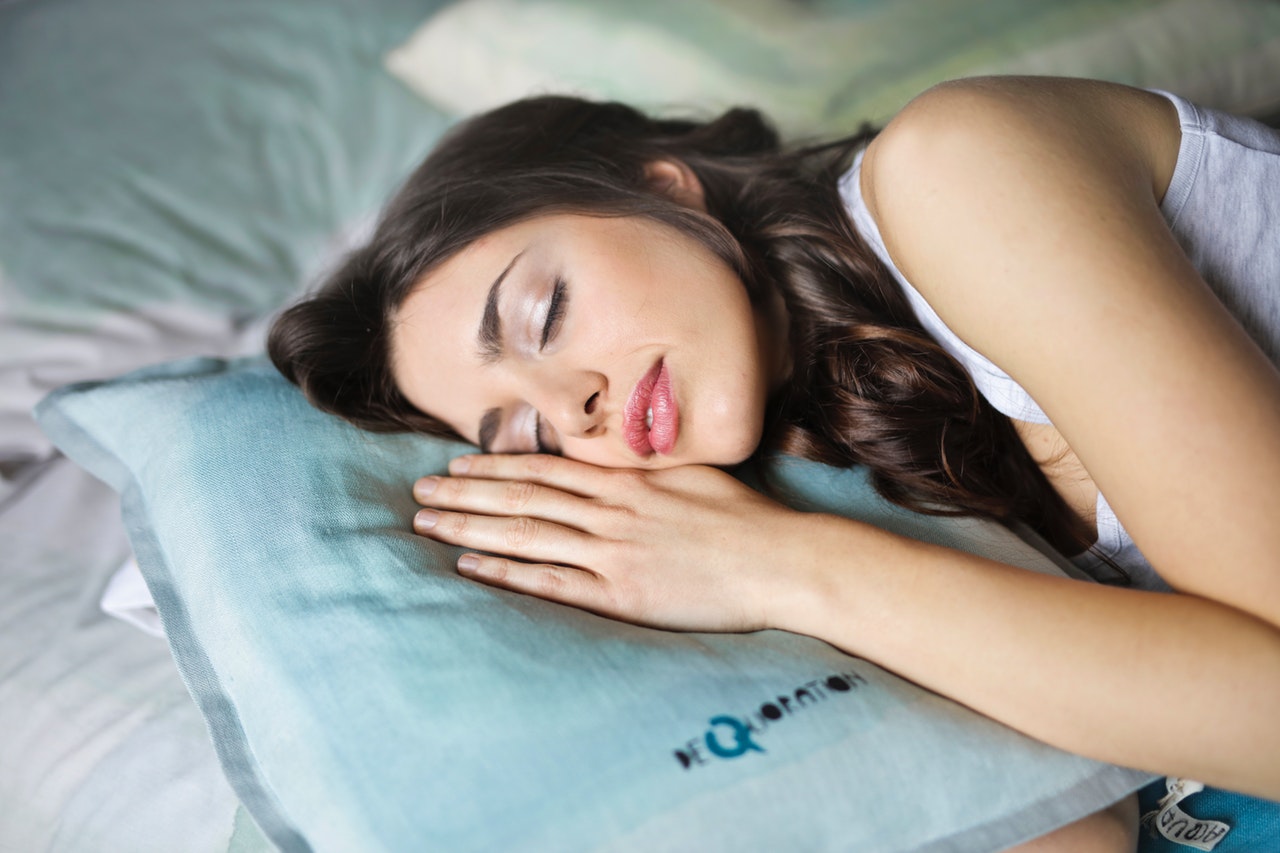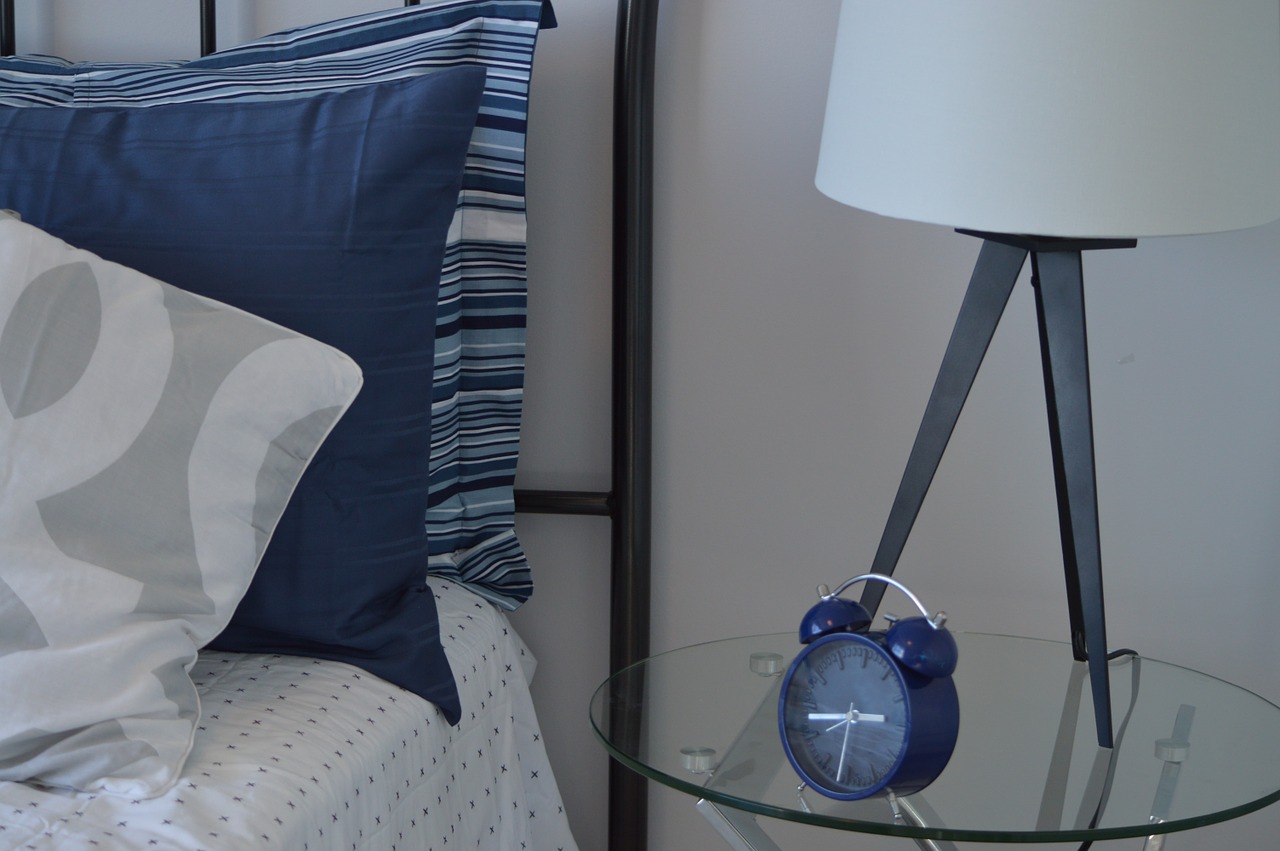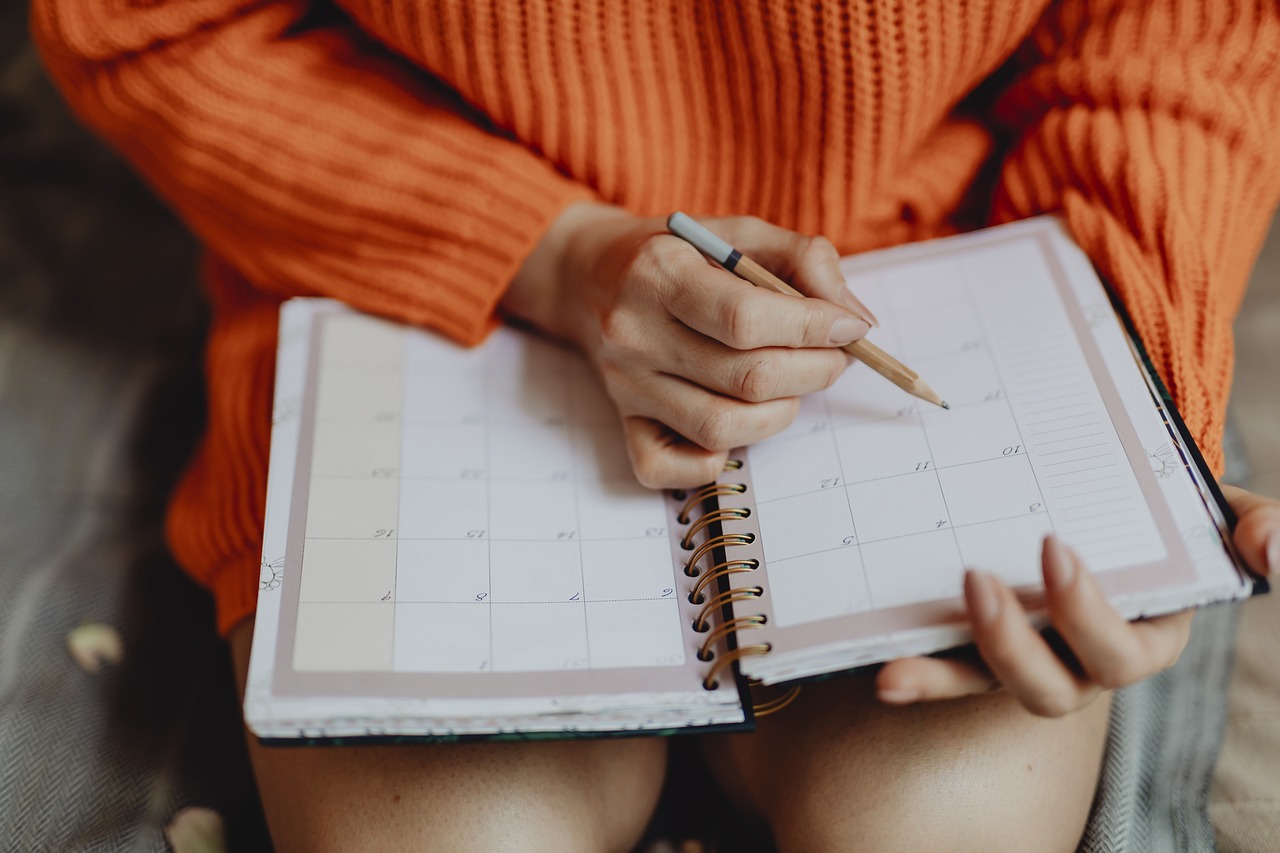HOW TO SLEEP BETTER
Want to know how to sleep better?
Do you have trouble sleeping at nights?
Do you find that when you eventually fall asleep you just can’t stay asleep?
Do you wake up extra early in the mornings – even when you planned to sleep late on the weekend?
Do you feel tired when you wake up – like you were running a marathon in your sleep?
Tired and cranky during the days?
Yawning and sleepy all the time?
Having difficulty focusing and remembering the little things?
What if you could wake up every morning feeling refreshed, focused, and excited to move through your day?
HOW TO SLEEP BETTER
TO REDUCE THE EFFECTS OF STRESS
Getting good quality sleep is essential to good health and stress management. During the days we are constantly on the go - rushing to get ‘there’ and rushing while we are ‘there’, often times relying on stimulants to keep us going. Our brains are processing information at a rapid pace. Just like a computer needs time to wind down, so too does our brain need time to wind down.
Our quality of sleep is affected by our nutrition, environment and our daily rhythms. So if you want to sleep better and give yourself the rest you need to better function, improvement in these 3 areas is where you need to start.
NUTRITION
What and when we eat and drink
- Eat a well-balanced diet so that your body can get the right nutrition to maintain the right energy level. That way you won't be so dependent on stimulants to keep you going through the day and you can sleep better at nights.
- Limit caffeine intake from coffee or other caffeinated beverage just before going to bed. Caffeine is considered to be a stimulant. It affects certain parts of the brain preventing a person from feeling tired, giving them a sense of renewed energy. Up late with the jitters watching the clock and counting sheep is not how you want to be spending the night.
- Don't eat too late. Have a light evening meal, preferably 3 hours before bedtime and not too spicy to cause heartburn or indigestion. Ever wondered why you feel tired the morning after eating a heavy dinner? It’s because your body uses energy to digest a meal. While you are sleeping, your digestive system is using up a lot of energy to process that meal.
- If you feel like snacking, before grabbing that bag of chips, try crowding out the urge with light yoga, journaling, reading or connecting with that special someone.
- Drink less fluids as the afternoon progresses. Frequent bathroom breaks in the middle of the night will surely disrupt your sleep cycle and may affect your quality of sleep.
ENVIRONMENT
Where we sleep
- Create a sleep-friendly room. You can do this by painting the room walls with a relaxing color, ensuring your sleeping on a comfortable mattress, making sure the room is dimly lit and smells good - you can use an aromatherapy diffuser. You can also listen to some soft soothing music or ambient sounds to gently lull you to sleep.
- Clean your space. It is said that the more cluttered your environment, the more cluttered your mind. Get rid of clutter! The pile of laundry hanging on the exercise machine you don’t use is only adding to your stress. Make your bed, this one small action gives a feeling of accomplishment in the morning and satisfaction in the evening.
- Where possible, remove all electronic devices from your room. Electronic devices such as TVs, computers, laptops, cell phones, video games, tablets, e-readers, give off an artificial “blue light” that can affect our body’s production of melatonin. Melatonin is the hormone that regulates our sleep cycle. Avoid looking at bright screens beginning two to three hours before bed and if you have to use your device, install an app that filters the blue/green wavelength at night so you can sleep better.
- Adjust the lighting in the bedroom by reducing the brightness in the room. Close the blinds or get thicker drapes. You could also use an eye mask or a scarf wrapped around your eyes. If you must fall asleep with the light on, use a night light or install a dimmer switch. Exposure to light at nights can affect your sleep cycle and sleep quality.
- Outside noises keeping you awake? Consider using earplugs or noise-canceling headphones to block out distracting sounds like traffic, snoring or noisy neighbors.
DAILY RHYTHMS
Our Energy Output During the Day
- Develop a sleep routine - early to bed, early to rise. Set a specific bedtime. Your body will adjust to the regularity and falling asleep will become much easier.
- Prepare a to-do list for the next day prior to bedtime. This helps you to empty your mind of things you want to do or of unfinished tasks so you can sleep better. No need to be up thinking of all you have to do the next day.
- Incorporate activities such as meditation, yoga, journaling or cuddling with your partner in the evenings to help you wind down and relax.
- Soak the stress away. Take a nice warm bath or shower before bedtime. This will help soothe fatigued and aching muscles and relax the body. You can also, soak your feet in some warm water for 15 - 20 minutes. Add pure lavender essential oil with almond oil and Epsom salt or dead sea salt.
Don’t underestimate the value of a good night’s rest. Being able to sleep better is key to optimal health and managing stress. So be sure to take the necessary steps to improve your sleep.



